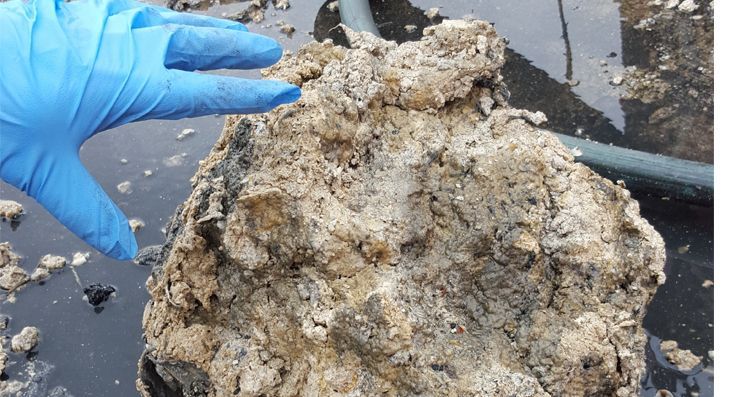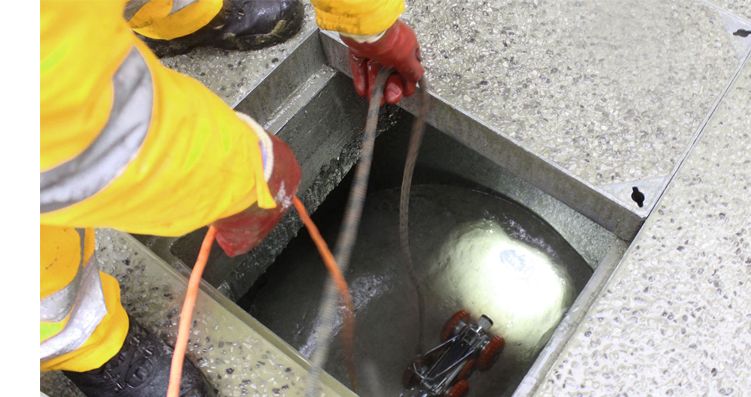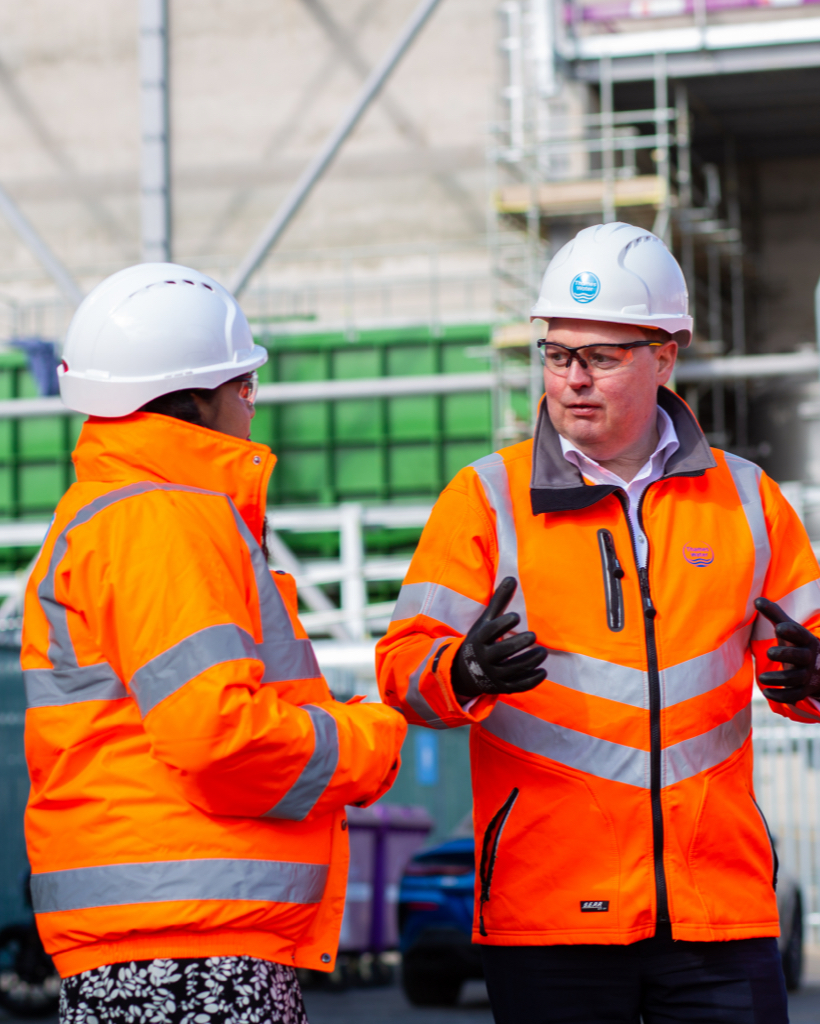A Guide to Maintaining Hospital Drains

Hospitals are complicated buildings. They’re used intensively, round the clock, by healthcare professionals, staff, public and patients in various settings. With such a volume of usage and traffic across health care facilities, it’s a massive headache for managers if systems break down.
Blocked drains in hospitals are a major concern because they can result in the closure of whole wards or departments. And, whilst older pipes may be susceptible to collapse and damage, even brand new pipes will block if they are routinely misused.
However it is not just hospitals that require a high level of care and maintenance; other healthcare premises such as doctors’ practices, care homes and specialist clinics face similar challenges.
Hospitals have to consider patients, yes, but also medical and support staff, and the visiting public — and that means managing everything that goes on in a medical setting, from kitchen control to laundry service, clean water, general maintenance and the wards, on a daily basis. It is not just the things you can see either. Behind the scenes’ operations, like drainage, may be far from anyone’s mind, but the impact dysfunctional drains can have on patient care, not to mention disruption to hospital functions and financial strain on NHS funds, is immense.

With this in mind, Lanes has put together a FREE downloadable best practice guide especially for the healthcare sector.
Hospitals (and other healthcare premises) may benefit by pre-planning maintenance activities to keep hospital services running smoothly. And if there times when, due to bad weather or unforeseen circumstances, emergency work is necessary, Lanes’ services are available 24/7, 365-days a year including drain unblocking and waste collection and disposal.
Start with our FREE best practice guide then talk to us about how pre-planned maintenance can keep your drainage system flowing and reduce the risk of disruption.
For more information call us 24/7 on 0800 526 488: we will be happy to help.







